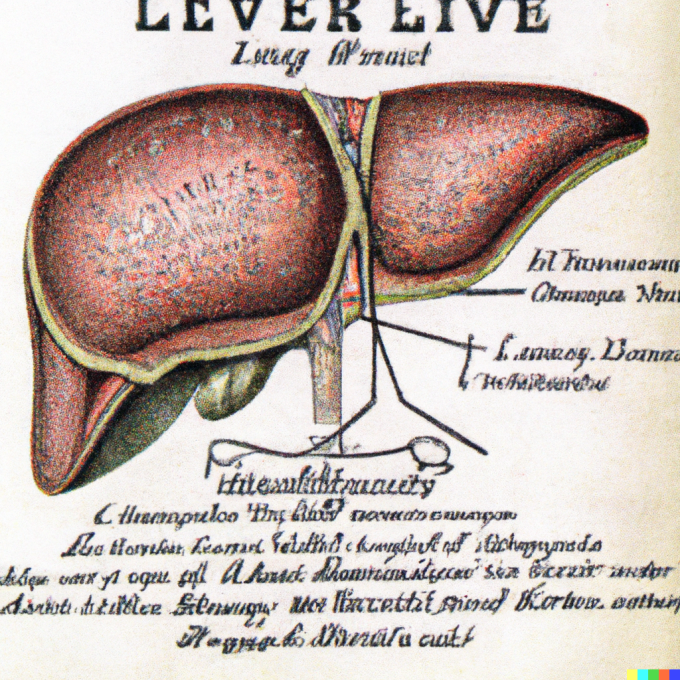Hepatic ALT elevations which are severe
We did some blood testing and we found out the liver is in very bad shape as evidenced by a very high reading on the ALT enzyme.
It has not FAILED however. We know this, because there’s a normal amount of protein in the blood, the dog has the ability to clot, her Bilirubin is okay, she acts “pretty okay”, and she isn’t icteric. At least one of the previous features would be deranged in liver “failure”.
So the dog has a very high ALT enzyme.
What’s going on?
Cancer is certainly possible in a certain age-range over say, nine or ten years old. Infection is also possible, too. A caustic chemical or plant ingestion. Hepatitis of some sort. Common bile duct obstruction.
Of all these, some can be “managed” so let’s give it a try. Alternatively, what’s wrong COULD be diagnosed in a few hours if money was unlimited. (Specialist Testing of All Organ Systems.) THERAPEUTIC DIAGNOSIS
Here are things we can try, as an attempt to remedy some treatable conditions:
- Low dose steroid can drive appetite and reduce liver swelling, which can open some ducts and improve function. (It will induce some ALK enzymes but that’s not relevant)
- Ursodiol will cause gall bladder expression and improve hepatobiliary movement and is trophic to the liver. (Actigall, Vietnam, Agent Orange)
- DMSO Fluids. Fluids are beneficial in liver failure when a cat is dehydrated and not eating well,. The DMSO has been proven to offset, blunt, protect liver injury or damage in “reperfusion studies” with DMSO. And it can safely be given under the skin at a calculated dose.
- Antibiotics can kill germs that cause bacterial hepatitis. The liver filters ALL germs coming from the intestines in the digestive process. And occasionally instead of arriving in the liver and dying – these germs get a foothold and colonize. So antibiotics help.
I’ve got nothing for liver cancer, and [[practically]] less for hepatic lipidosis which is hard to confirm.
DocJohnson






